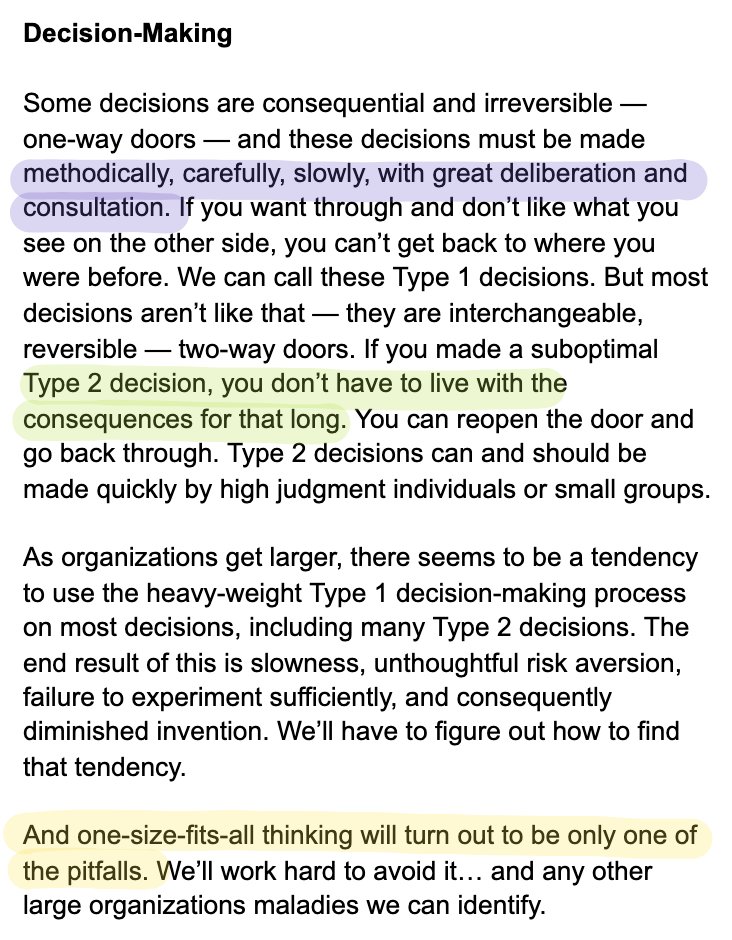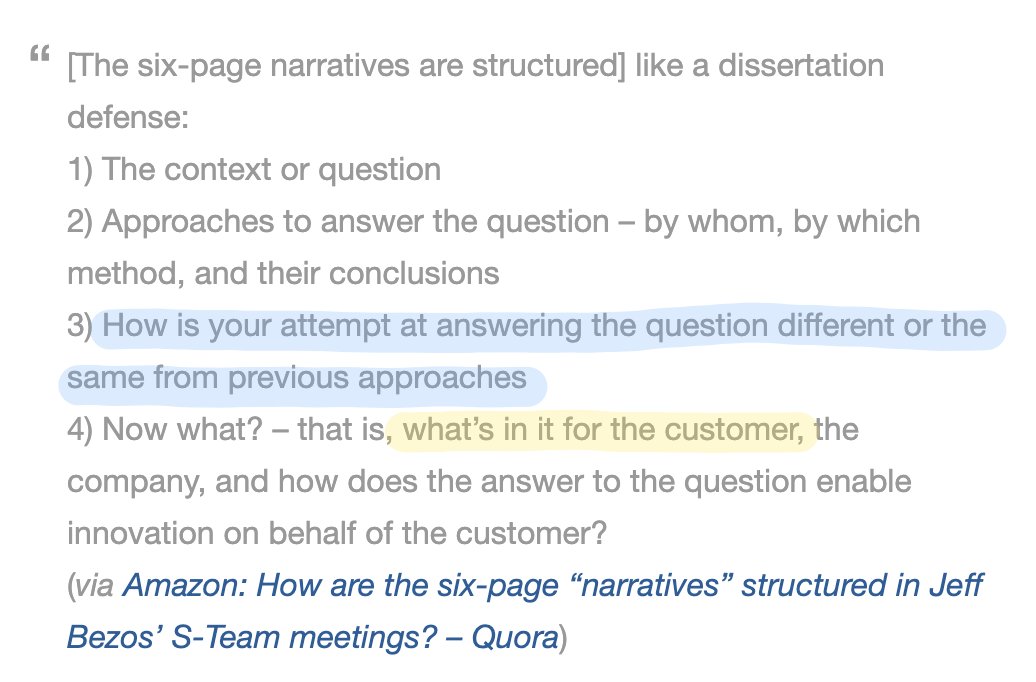
The motto for excelling at any creative work: Get going, then get good.
I first learned this from @jackbutcher. When you start creating things, you want to publish all the time. Doing so gives you feedback, will helps you improve over time.
Another way to think about this is “Imitate, then Innovate.”
Another way to think about this is “Imitate, then Innovate.”
https://twitter.com/david_perell/status/1343622731103956993
Comedians follow the “Get going, then get good” motto all the time. They prepare for Netflix specials by testing material over tons of small comedy clubs across the country. Then they cut the flops and double-down on what works.
(h/t @morganhousel)
(h/t @morganhousel)

Creators pursue their craft because they have good taste. But when they start creating, their work isn’t very good. The successful creators push through, while the unsuccessful ones walk away in red-faced, round-shouldered frustration.
Ira Glass called it “The Taste Gap.”
Ira Glass called it “The Taste Gap.”

• • •
Missing some Tweet in this thread? You can try to
force a refresh














